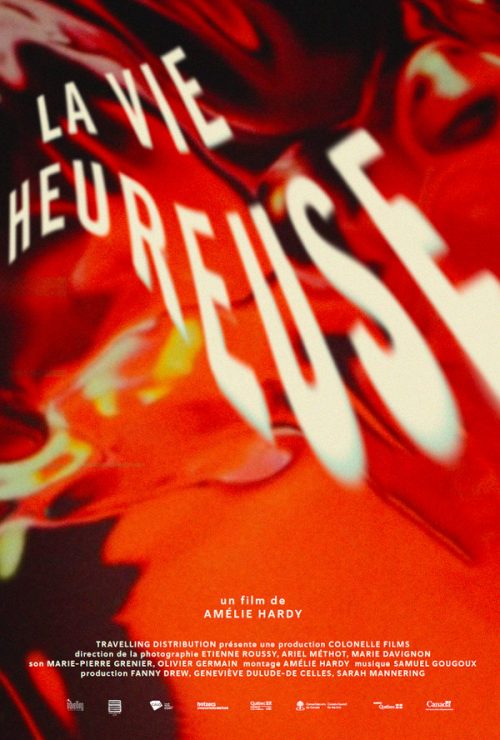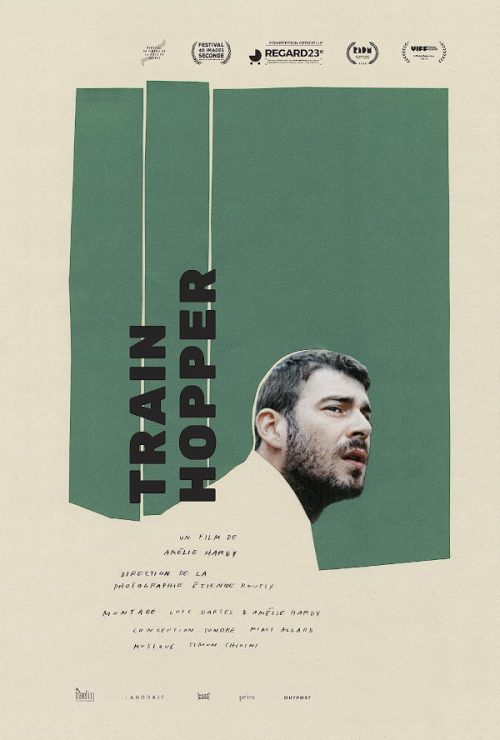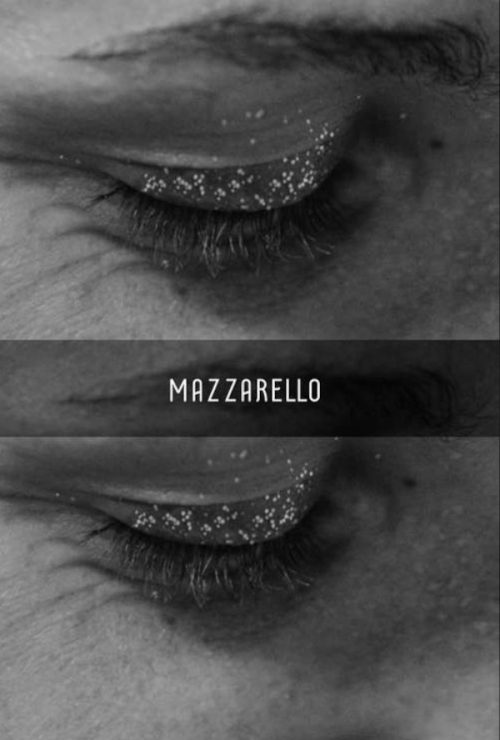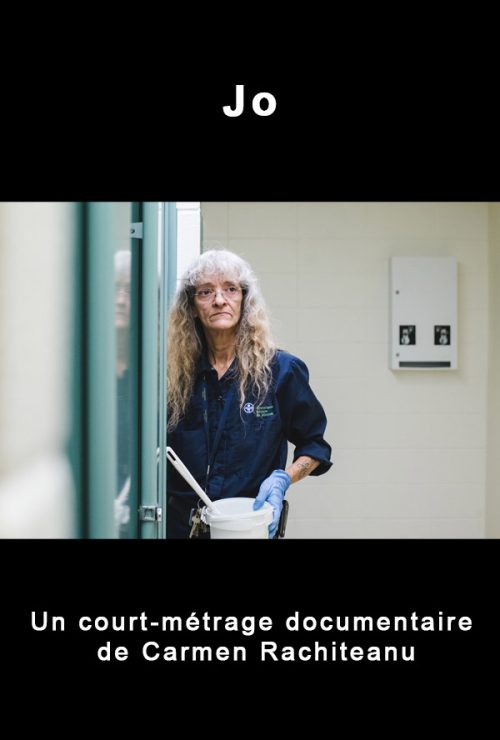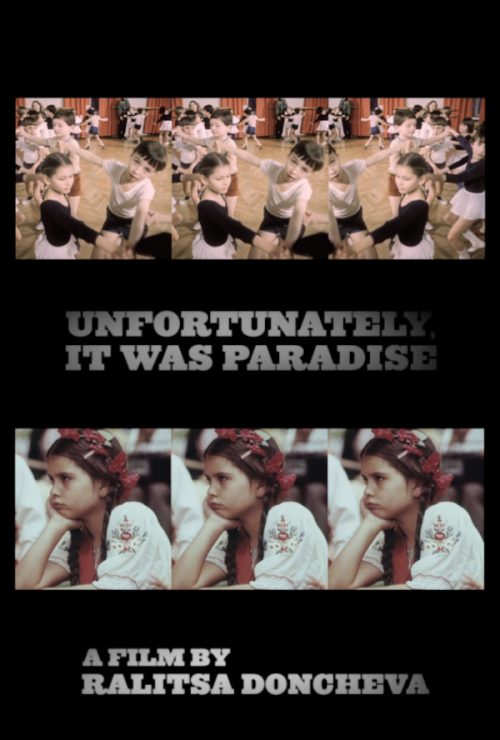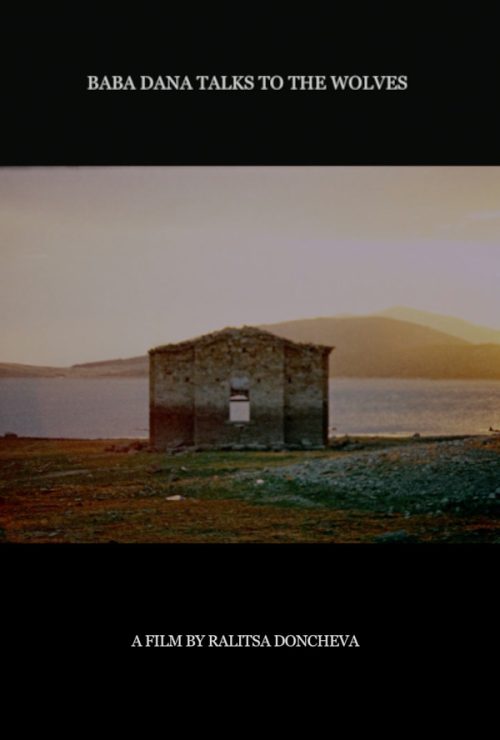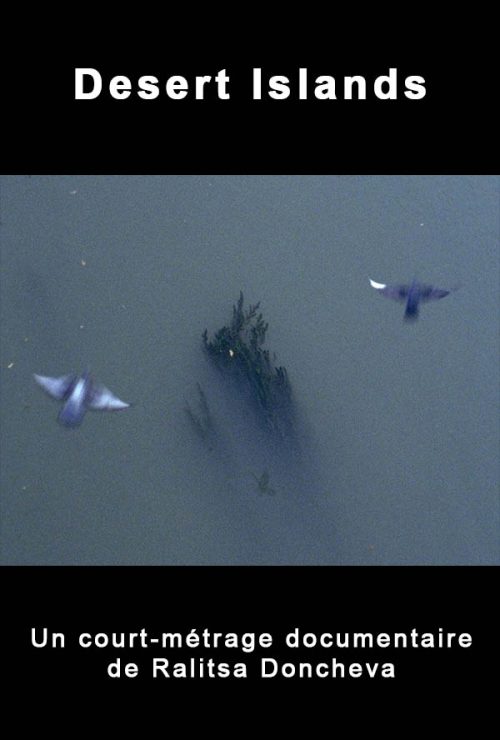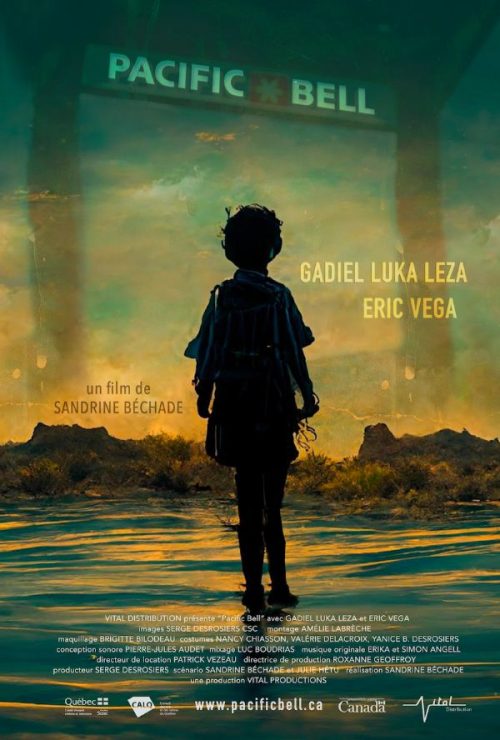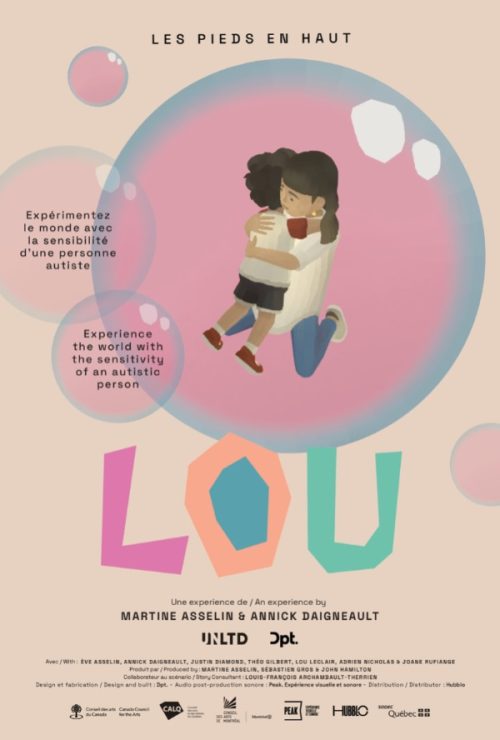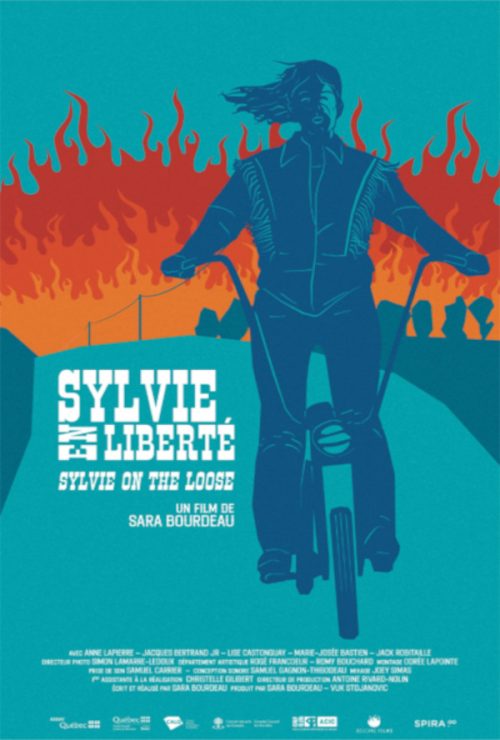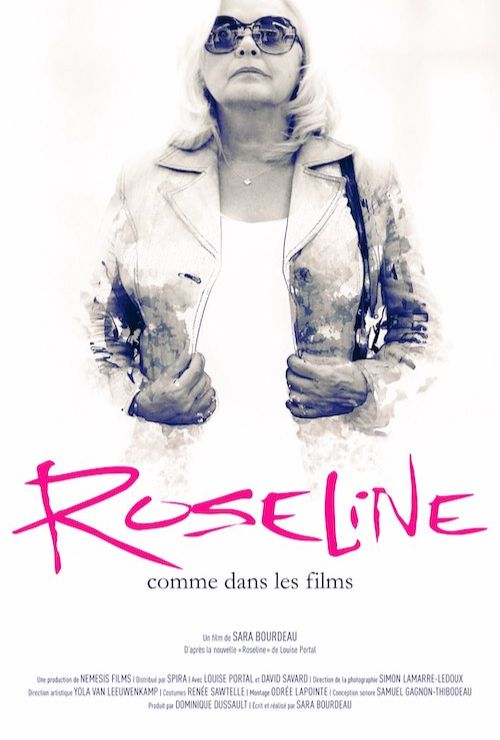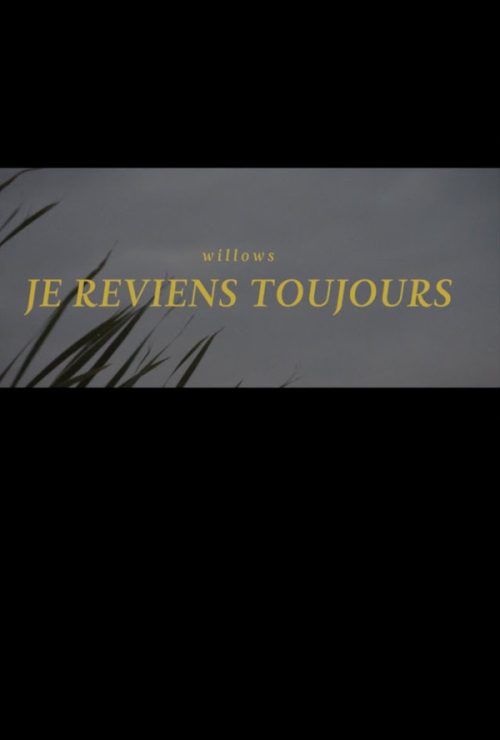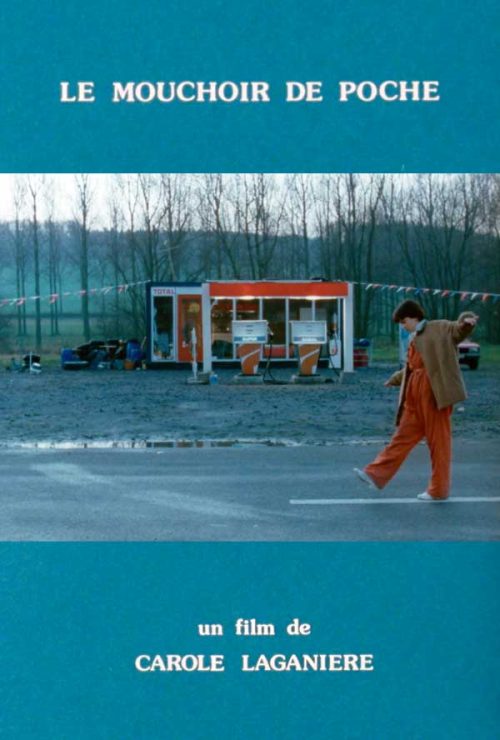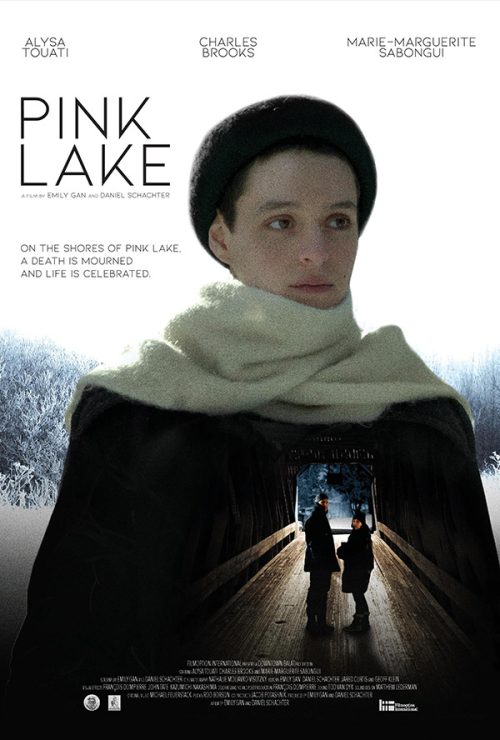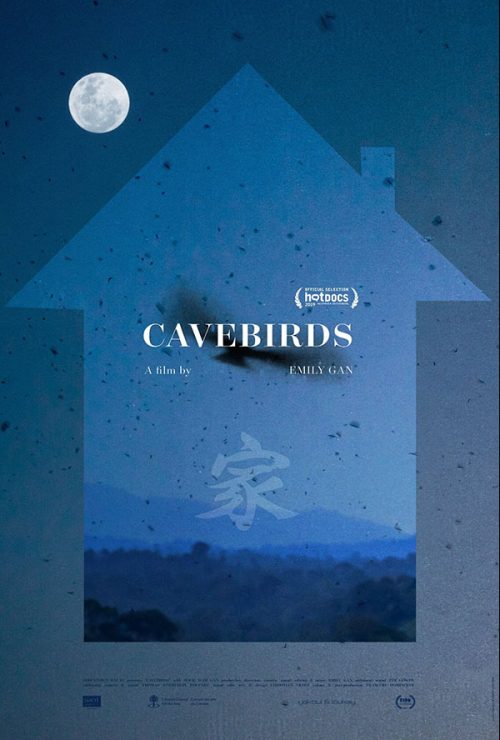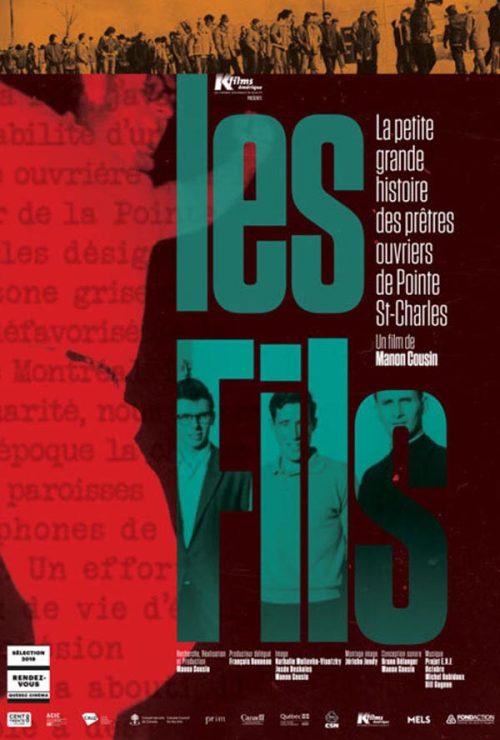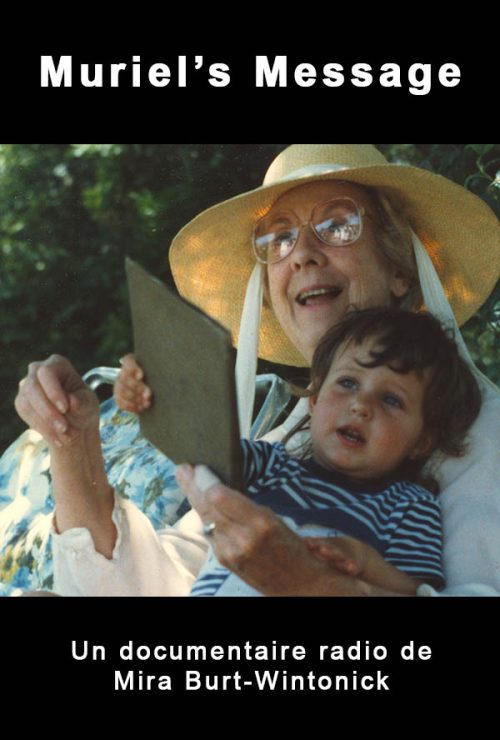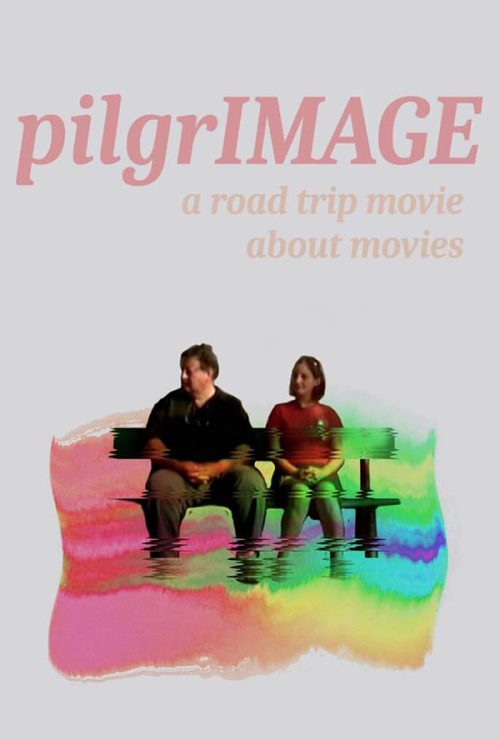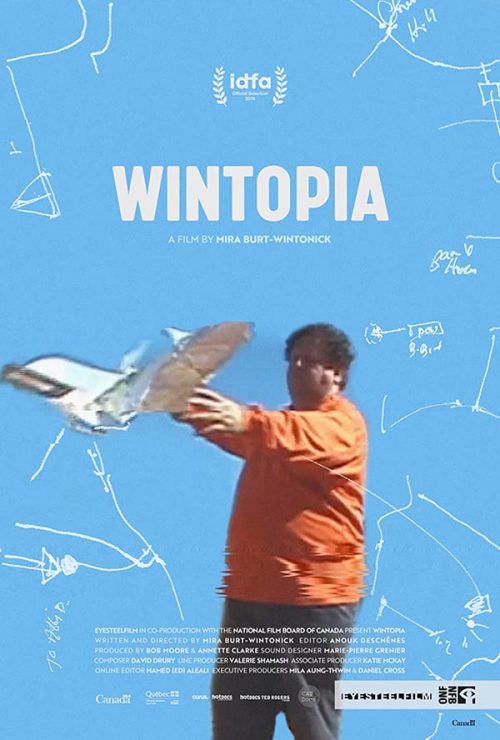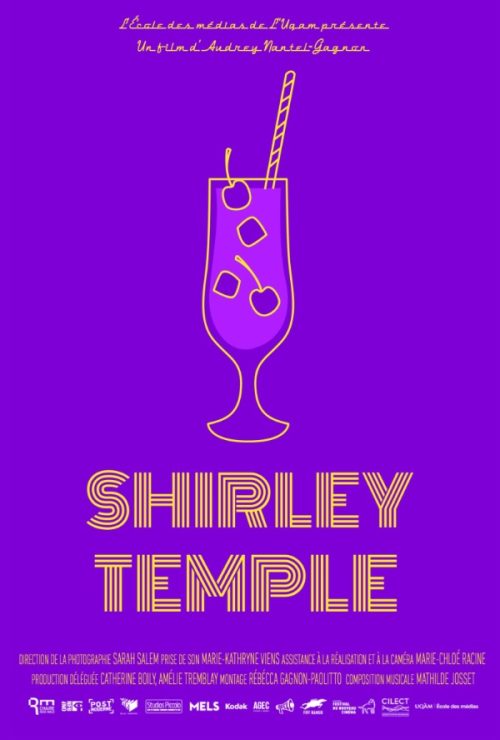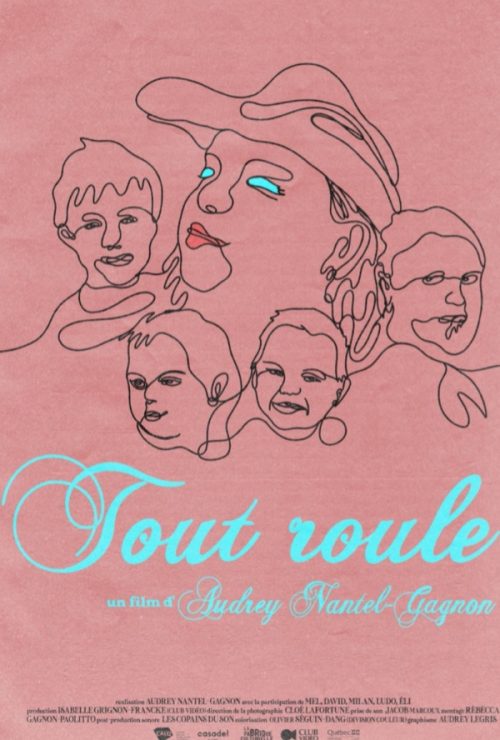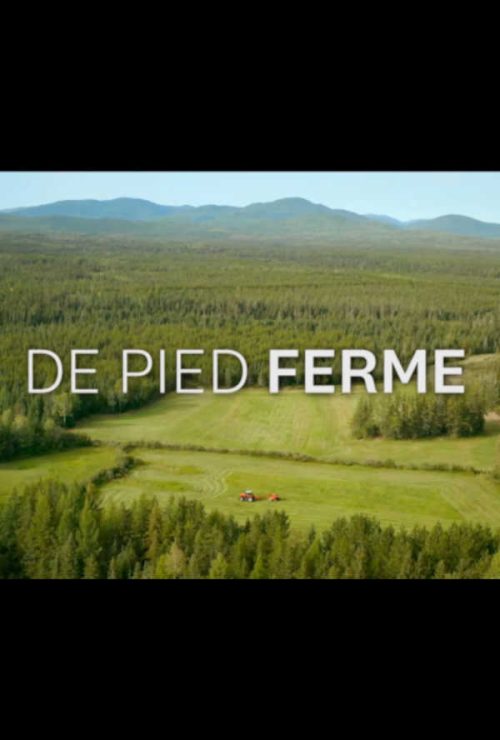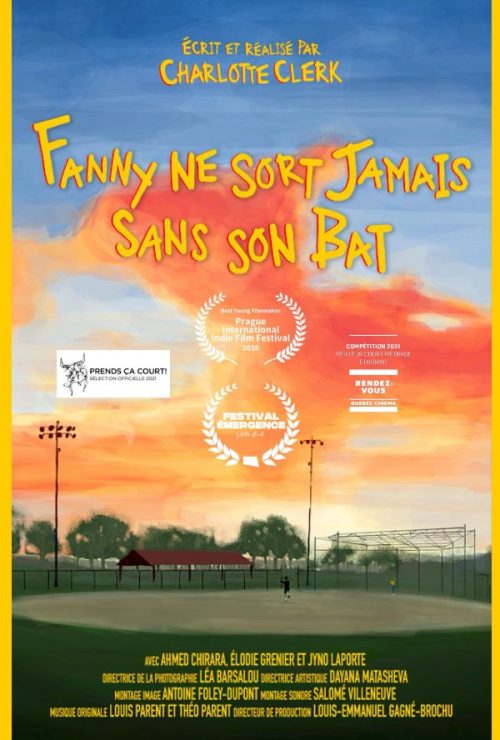Other films on this theme
Happy Life
Amélie Hardy
In this time of anxiety and turmoil, this film explores the unusual outlets where the torments of the body and mind are soothed. In a meditative journey to the heart of these analgesic places, this documentary essay paints a portrait of a society in search of meaning and comfort.
Train Hopper
Amélie Hardy
A young man travels across America hopping from one freight train to another.
Mazzarello
Carmen Rachiteanu
The inspiring portrait of a female boxer from Argentina, determined to exorcise the demons of past violence in the boxing ring, and her touching relationship with her coach.
Jo
Carmen Rachiteanu
Jo is a janitor at a school in the evening. Woman of convictions, she assumes her “bugs” of the past for the two most important women of her life : her daughter Karine and…Diane Dufresne.
Unfortunately It Was Paradise
Ralitsa Doncheva
Unfortunately It Was Paradise utilizes found footage taken from 1970s Ukrainian documentaries and communist propaganda films. Working with formal, collage-like approaches, the film strips the images away from their political context and meanings. Focusing on daily rituals and repetitive gestures, the project creates a hypnotic and meditative experience. A slow architecture constantly shifting between stasis and motion.
Baba Dana Talks to The Wolves
Ralitsa Doncheva
Baba Dana Talks To The Wolves is an impressionistic portrait of Baba Dana, an 85 year-old Bulgarian woman who has chosen to spend her life on a mountain, away from people and cities, in Zelenikovsky Monastery in Bulgaria.
Desert Islands
Ralitsa Doncheva
An impressionistic journey following the filmmaker and her Bulgarian father as they travel to the Black Sea. Desert Islands explores personal and collective histories, glimpses and performative gestures that are as familiar as they are distant.
Pacific Bell
Sandrine Béchade
The young Adam, accompanied by his brother Carlos, is engaged in the perilous journey across the desert between Mexico and the United States. As the desert threatens to swallow them, a telephone booth appears like a lighthouse in the middle of the ocean and its ringtone like the song of a mermaid. Inspired by Julie Hétu’s book Pacific Bell, the film addresses a current issue by blending this cruel reality with a certain poetry, where imagination becomes a lifeline.
Les pieds en haut : Lou – Enfant / Ado
Martine Asselin
Autism is at once fascinating, challenging, and inspiring. Although this distinct neurological condition includes a set of common characteristics, there are as many different ways to be autistic as there are autistic people – hence the spectrum. Our main character, Lou, is based on stories and experiences shared by autistic people and inspired by the children of both directors. You will witness firsthand a few days in the life of this charming and vulnerable individual, from a children’s birthday party to his first day of high school. Lou does everything he can to adapt to a neurotypical world. During this metaphorical and playful virtual reality experience, the interactivity is lived by taking possession of Lou’s body. Through his sensitivity and specific interests, you will experience fascination, sensory overload, and nervous breakdown. You will need to use unique coping mechanisms, as some autistic people do. The work includes two chapters: Child and Teen
Sylvie en liberté
Sara Bourdeau
Sylvie’s out of jail and back in town. She secretly visits her mother, trying to convince her to leave her violent husband. Facing her mother’s refusal, Sylvie stays determined to enjoy every second of her new freedom. She rides her old chopper bicycle across the dirt roads, gets drunk, and thinks about kidnapping a neglected dog. But one thing is on Sylvie’s mind: seeing her old lover, Coyote. Time flies, things change, and Sylvie must choose the only freedom available to her.
Roseline comme dans les films
Sara Bourdeau
Now a woman in the spotlight, Roseline is a great actress with a prolific career. As she prepares to play her greatest role, fiction and reality intertwine to awaken a long-buried secret in the actress. Then silence is called, the engines start and someone shouts “Action!”.
Pink Lake
Emily Gan
Sam (Charles Brooks) and Cora (Alysa Touati) are a couple whose relatively peaceful life in the Gatineau hills is disrupted when Nadia (Marie-Marguerite Sabongui), one of Sam’s oldest and dearest friends, visits from out of town. Nadia is suffering from a broken heart; her partner has just left her, and now fears that it’s too late to become a mother. Wasting no time, Nadia asks Sam to be her sperm donor; that way, she can at least raise a child whose father she knows and trusts – though she insists that she would raise the child alone. Sam is keen on helping Nadia, in no small part because Cora doesn’t want kids and this might be his last shot at being a father – if only a biological, peripheral one. When Sam and Nadia propose their idea to Cora, Cora gives her assent. But doubt creeps in as Cora ponders the consequences of her choice.
Cavebirds
Emily Gan
Emily Gan takes us inside her soft-spoken father’s world, with scenes of family life, interviews and poetic visions captured in the half-light.Painted on a backdrop of the edible bird’s nest farming industry, Cavebirds is a poignant film that reflects on matters of the heart, home and heritage.
Les Fils
Manon Cousin
In the late 1960s, in the Pointe-Saint-Charles neighbourhood of Montreal, a religious group called the Fils de la charité begins to question its civic involvement. Against the instructions of the Catholic Church, the activist working-class priests decide to take to the streets and meet the locals, considerably influencing the social and political climate of the time. Between opposition from those in power and socio-political struggles, Manon Cousin paints a fascinating portrait of a group of apostles fighting against the Church hierarchy. Thanks to insightful commentary and previously unseen archival materials, this empathetic and humanist documentary pays touching tribute to worthy representatives of the Quiet Revolution.
Muriel’s Message
Mira Burt-Wintonick
A box of old audio tapes dug up from the basement bring Muriel’s memory back to life.
PilgrIMAGE
Mira Burt-Wintonick
How does each of us watch movies and media? And how does that change from generation to generation? In a humorous, eye-opening documentary that spans the globe, the filmmaking father-daughter duo visit cinematic landmarks, Fellini’s hometown, Riefenstahl’s Nuremburg, Lumière’s first factory, and encounter people with all types of film life lessons to impart.
Wintopia
Mira Burt-Wintonick
Wintopia is an intimate father-daughter story and poignant search for the meaning of utopia. Following the quick and tragic death of Peter Wintonick, Canada’s “documentary ambassador to the world”, his daughter Mira Burt-Wintonick dives into her father’s obsession with untangling the contradiction that is utopia. The remains of his unfinished film and several hundred hours of raw footage shot over 15 years leads Mira to surprising places and connections with her father, compelling all of us to live life with purpose.
Shirley Temple
Audrey Nantel-Gagnon
This rare insight into the intensity of female relationships introduces 17-year-olds Margot and Amaryllis. The pair encounter jealousy, first love, heartbreak and the sense of their evolving identities and friendship.
Tout roule
Audrey Nantel-Gagnon
Melanie’s strongest wish is to have a family that stands together, that stays together. Meanwhile, her boyfriend David is about to roll away to become a long-distance truck driver. Sweet as an ice cream, Everything’s Fine opens a window on the emotions contained in a mother’s heart, who always puts others first.
De pied ferme
Lysandre Leduc-Boudreau
Six producers open their doors to us at the heart of a devastating agricultural crisis.
Pendant ce temps en cuisine
Lysandre Leduc-Boudreau
From sourcing ingredients to creating unique menus, each episode highlights the world of chefs, while exposing the realities of owning and operating a restaurant.
Fanny ne sort jamais sans son bat
Charlotte Clerk
Fanny loves baseball, Ayoub loves Fanny and Michel steals wallets to find relief from boredom. Together they form an unlikely trio for one absurd afternoon.


